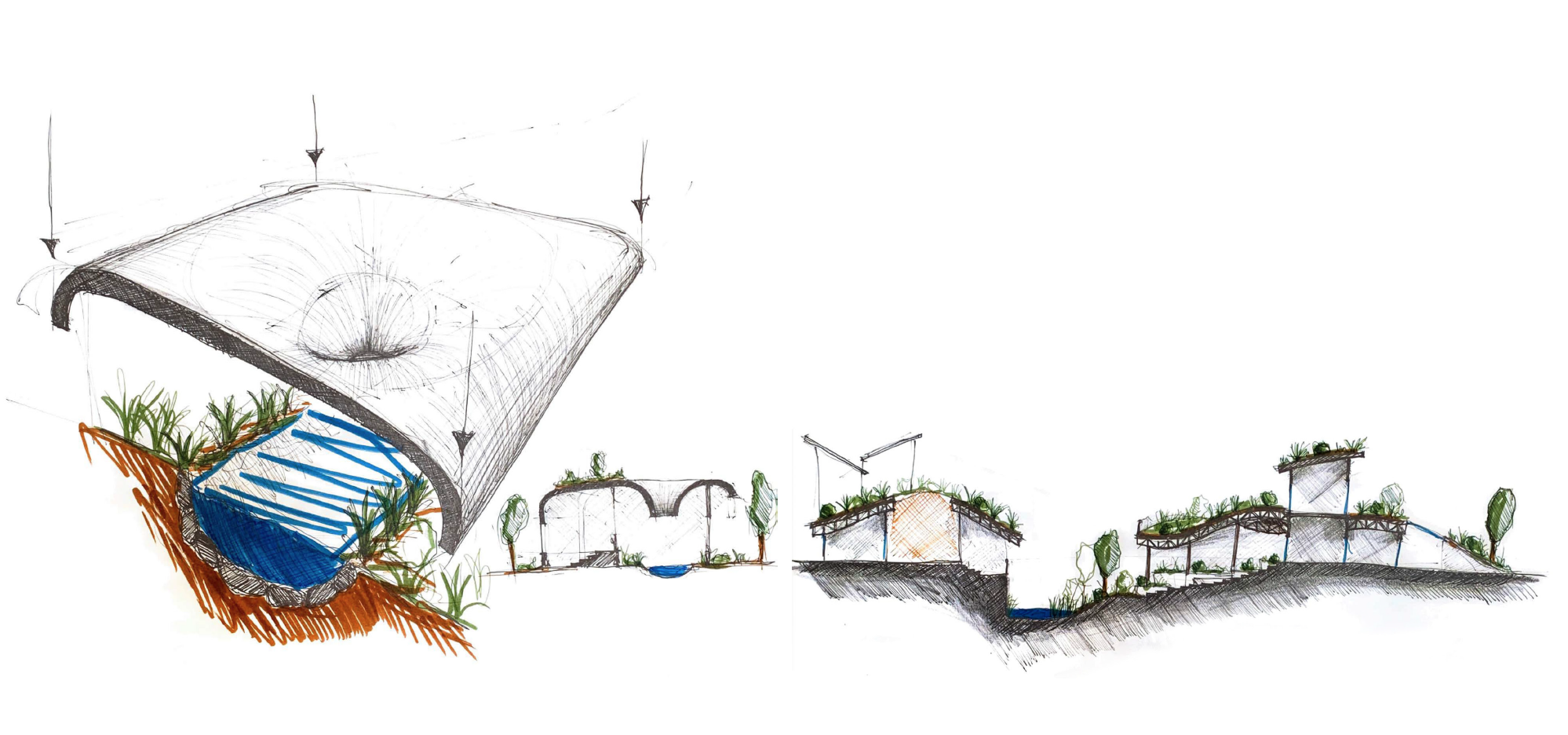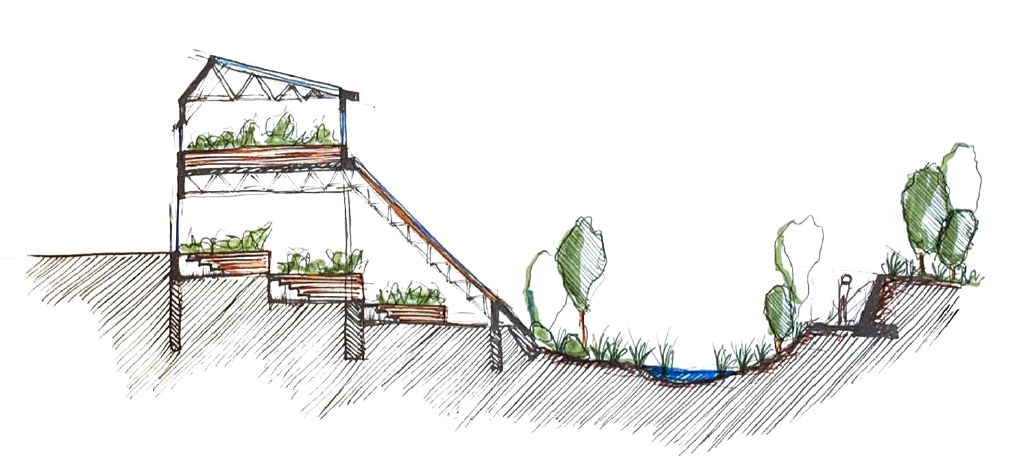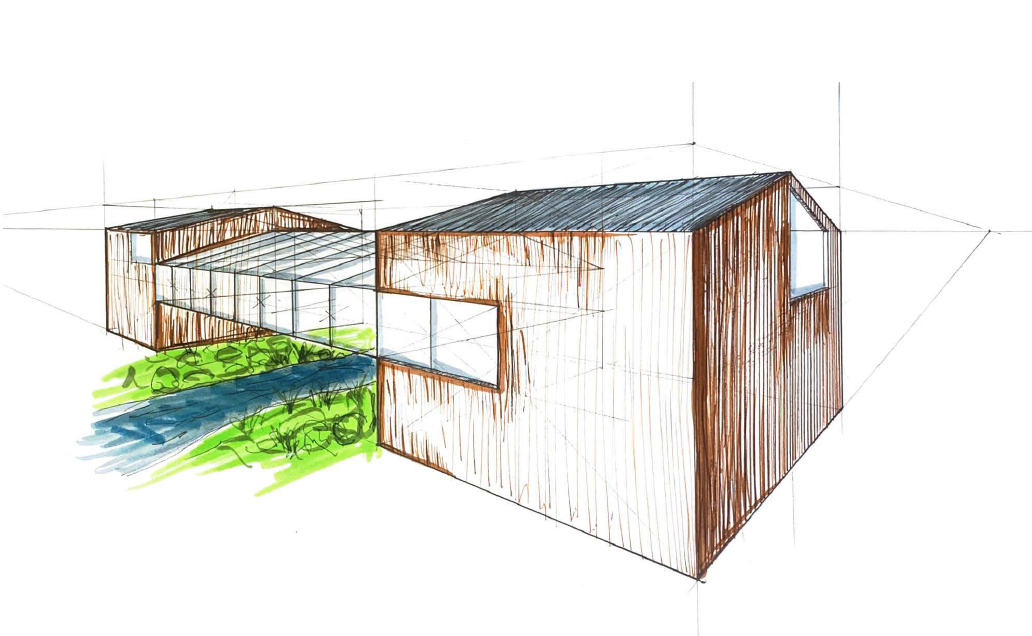How Do You Begin a Thesis? Part 06
In the final instalment, we are talking to students at Victoria University to ask them “How are you starting your thesis”? And, given the unprecedented challenges with COVID 19, we are also asking them “how are you adjusting your process to work at home?”
SANNZ: How are you starting your thesis? How are you adjusting your process to work at home?
Jordan Anderson: My thesis follows a research through design methodology, which allowed me to jump right into the designing of my project. This allowed me to focus on producing computational drawings that are influenced by precedent case studies. Each design I do gets reflected upon to drive the iterative process of my research. Experimentation has also played a significant role in the research so far. I have been playing around with scripting languages, computational sketching and how I can implement these within a virtual world.
Emily Martin: I started my thesis with a combination of written research, design and sketching. A more focused direction for research is being defined by jumping into the design process to highlight the areas needing further understanding. I have been beginning to explore physical and digital modelling as part of the process. Since the lockdown some modelling and site visits has had to be adapted to a remote assessment. Appropriate software had to be coordinated with uni to help manage the lack of access to particular resources. The workshop and fabrication resources will be crucial for my process however I am adapting my initial process as I go to remain productive. I find that generally sticking to regular work hours is helping to maintain a sense of routine. I am a fan of being outdoors and with nature so being able to move my desk outside on nice days has been a great perk of lockdown. As well as finding comfy sunny spots with my dog for reading & sketching.
Tom Westend: I’ve started my thesis by attempting to design the final product in the first month, to filter through all the good and bad ideas. This has led towards an ecological design based around Wellingtons piped streams. Water is arguably the most important resource on earth, and this precious resource is often left polluted by various land-based activities within the urban environment. By cross-programming water purification, eco-system regeneration and people together in architecture, I hope to make a statement through regenerative design. Nature is important to people, it improves our health, fitness and wellbeing. Being an Architecture student, it has been interesting tackling issues regarding the Landscape discipline.
COVID-19 has reduced my work efficiency over the past month. Typically, I do all my work in studio to split uni and personal life, obviously this hasn’t been possible being stuck in my apartment. Fortunately, I’m an avid runner, so have been able use this to free myself from the confinement of living and working in the same room. There are challenges around not having physical access to Library books and access to a good working computer. This has just meant some adaption has been made where analogue processes have started to dominate a lot of my design and analysis work.













